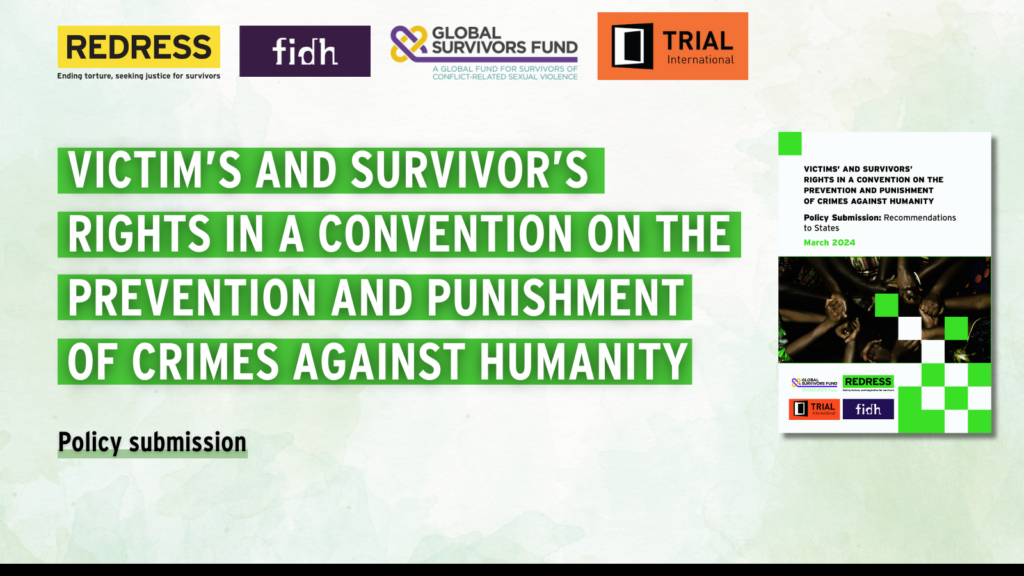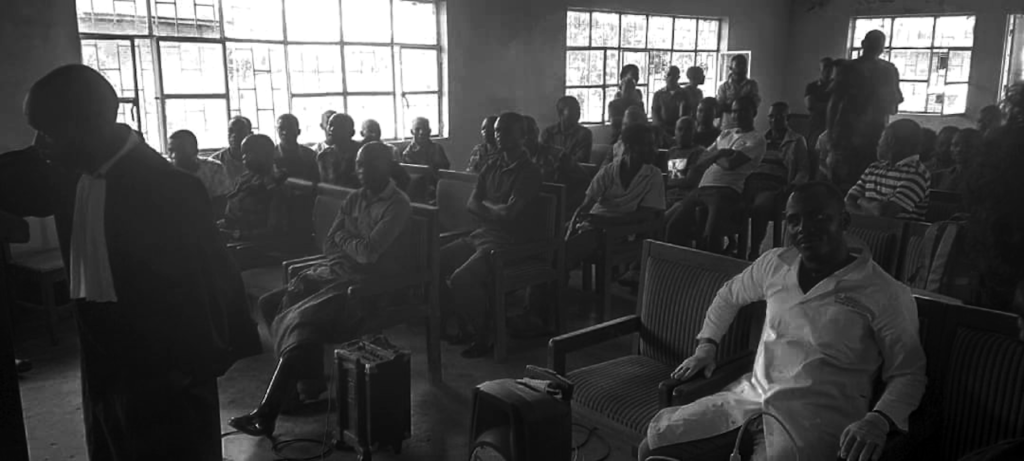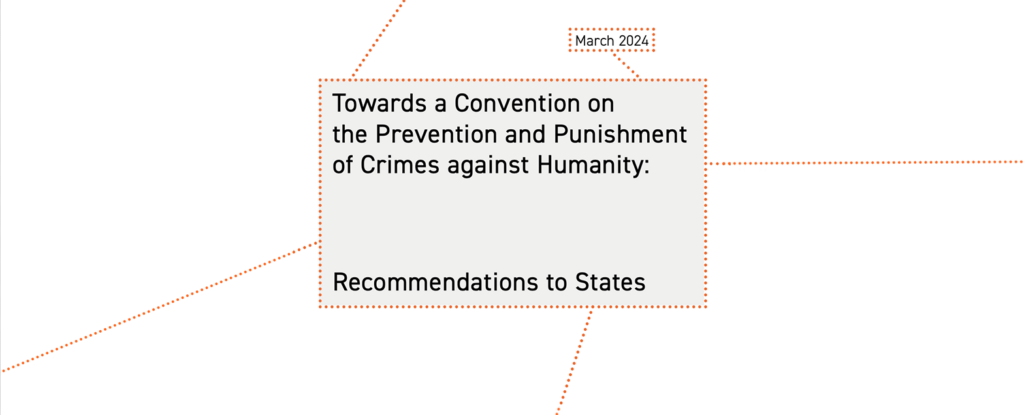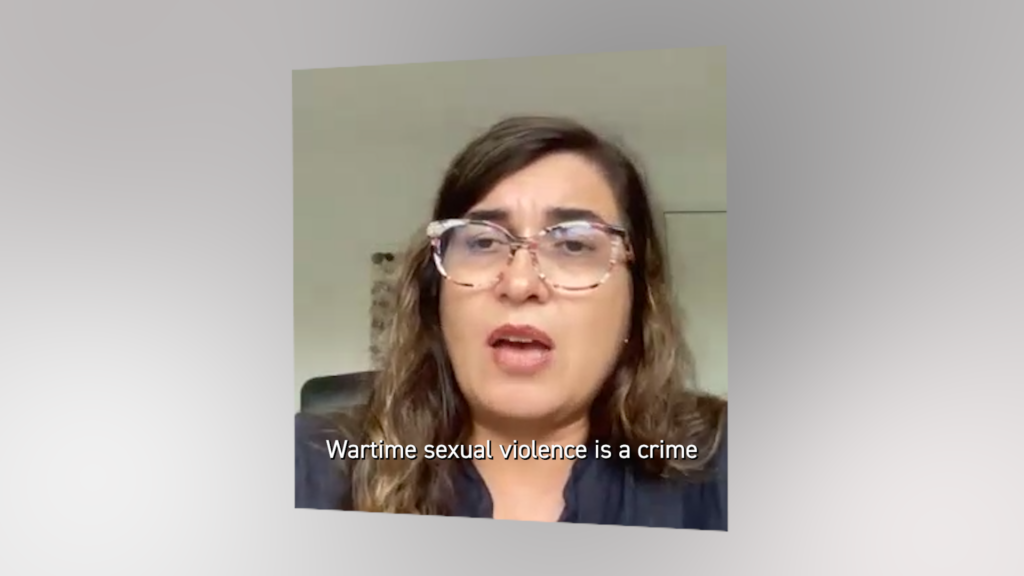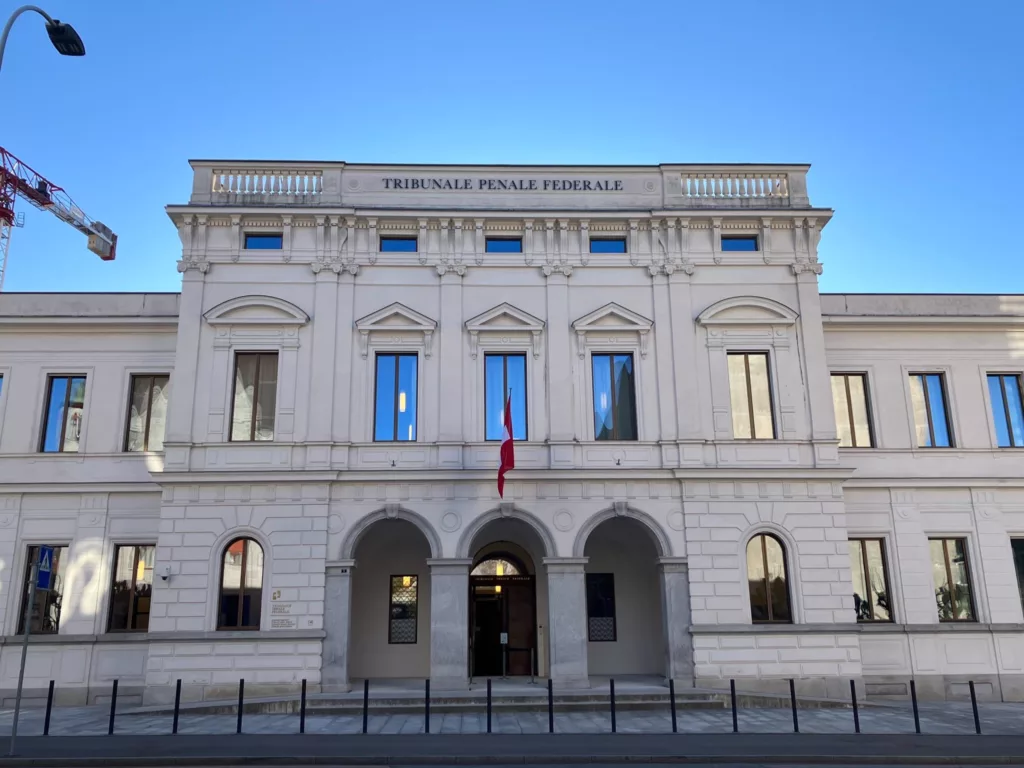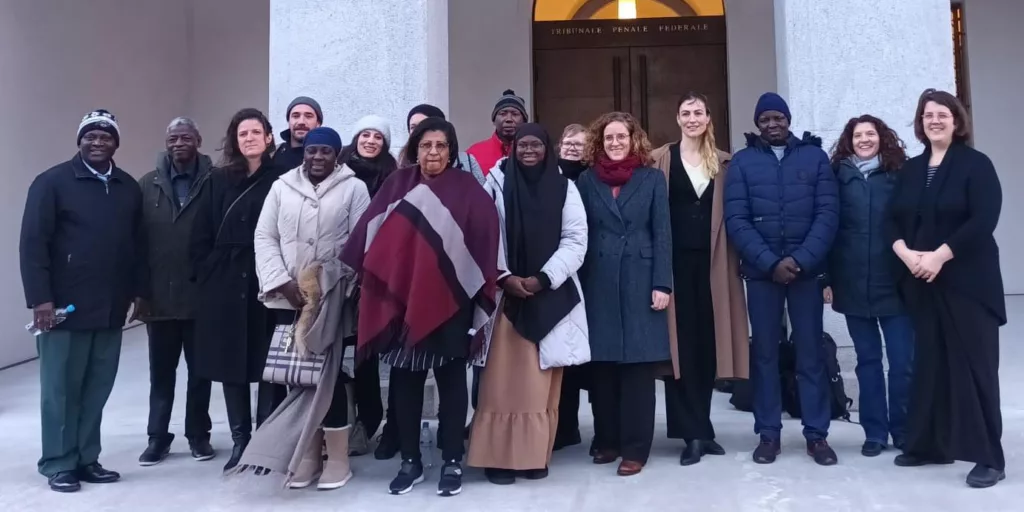Srebrenica, 25 years later: the legacy of a genocide
The world discovered with horror, just 25 years ago, that barbarism was not a thing of the past. Within a few days starting from 11 July 1995, Bosnian Serbs led by Ratko Mladić exterminated more than 8,000 Bosniaks in the enclave of Srebrenica, right in front of the international community. What remains of this trauma today? How does the bloodiest massacre committed in Europe since the Second World War affect those defending the rights of wartime victims ? Members of TRIAL International’s office in Sarajevo shared their thoughts on the impact of the Srebrenica genocide on their work.
It is really hard for someone who did not grow up in Bosnia and Herzegovina (BiH) to understand just how these war stories become part of your everyday life, trough people around you, television, education, movies, explained Amina Hujdur, Communication Officer for TRIAL International in Sarajevo. “During my childhood, it seemed as if the Srebrenica genocide was embedded in everything“, she recalls. Growing older, she became more and more aware of the events that happened, in particular when, as a young journalist, she covered Ratko Mladić’s trial before the International Criminal Tribunal for the former Yugoslavia. “I remember one day I got assigned to interview families of those killed in the Srebrenica genocide. I felt this great burden to convey the stories of these people who suffered so much. I felt inadequate. I asked one of the women what the next day’s verdict meant to her. ‘I just want people to know. And tomorrow everybody will’, the woman replied“.
But this duty of remembrance is not to everyone’s liking, especially in recent times where denial of these tragic events is on the rise. “Although the Srebrenica genocide defined the history of Bosnia and Herzegovina and expanded the scope of the already horrifying crimes that happened between 1992 and 1995, these atrocities are often publicly denied“, said TRIAL International Legal Advisor Lamija Tiro. Srebrenica genocide is often present in her mind and fuels her fight against impunity, denial of war crimes, and the glorification of war criminals.
“As a person who grew up during the war in Bosnia and Herzegovina and who lives and works in a post-conflict society, I always felt motivated to help survivors of atrocities“, stated Berina Žutić Razić, Legal Advisor at TRIAL International in BiH. She is committed to help people of her country with reconciliation and providing assistance to wartime victims.
Despite the overwhelming body of evidence and unanimous rulings by multiple international courts, denial of the Srebrenica genocide is still very present, 25 years since it happened. It is of crucial importance for the Bosnian society acknowledges all crimes that happened during the war, including the genocide in Srebrenica. Only by facing its past can BiH build its future. A future in which such atrocities will not happen again.

